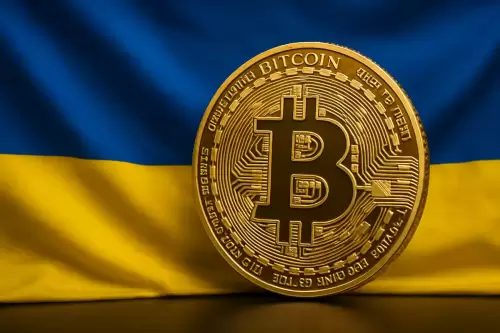 |
|
 |
|
 |
|
 |
|
 |
|
 |
|
 |
|
 |
|
 |
|
 |
|
 |
|
 |
|
 |
|
 |
|
 |
|
Cryptocurrency News Articles
West Bengal Police Uncover Documents Indicating Several Passports Were Issued to Non-Existent Individuals
May 15, 2025 at 03:27 pm
Kolkata, May 15 The West Bengal Police, investigating a multi-crore fake passport racket, have uncovered documents indicating that several passports were issued to individuals who do not exist at all.

The West Bengal Police, probing a multi-crore fake passport racket in the state, has found in its investigation that several passports were issued to individuals who do not exist at all.
In a recent report submitted to the Calcutta High Court, the investigators claimed that at least 37 such passports were found to have been issued to persons who could not be traced at the addresses mentioned in the documents.
During interrogation and field verification, officials could not find any instance suggesting that these individuals ever lived at the listed addresses.
Sources in the state police said the findings suggest serious lapses in the physical verification process, which is mandatory for passport issuance.
As per norms, police verification officers are required to visit the applicant’s address in person for on-ground verification before clearing the application.
Two police personnel tasked with this verification process have already been accused in the case. They are Abdul Hai, a retired sub-inspector of Kolkata Police, and Mohammad Imran, a home guard attached to the Chandernagore Police Commissionerate in Hooghly district.
According to insiders in the state police, the discovery of passports issued to non-existent individuals raises serious concerns, especially in light of several cases involving Bangladeshi nationals living in West Bengal with both Indian and Bangladeshi passports.
Investigations have revealed that many of these individuals initially entered India legally on valid visas and subsequently acquired fake Indian identity documents, including passports, through such rackets.
In a related development, the Enforcement Directorate (ED) recently arrested a former Pakistani national, Azad Mullick, from his residence on the northern outskirts of Kolkata. He was allegedly operating a network dealing in fake passports, visas, and hawala transactions. What made his case more complex was that he had first obtained Bangladeshi citizenship using forged documents and then used a similar method to acquire an Indian passport.
Disclaimer:info@kdj.com
The information provided is not trading advice. kdj.com does not assume any responsibility for any investments made based on the information provided in this article. Cryptocurrencies are highly volatile and it is highly recommended that you invest with caution after thorough research!
If you believe that the content used on this website infringes your copyright, please contact us immediately (info@kdj.com) and we will delete it promptly.
-

- Ukraine Is Preparing Legislation to Allow the State to Accumulate and Manage a Strategic Reserve of Bitcoin
- May 16, 2025 at 12:00 am
- Ukraine is preparing legislation that would allow the state to accumulate and manage a strategic reserve of Bitcoin, according to Member of Parliament Yaroslav Zhelezniak
-

-

-

-

-

- Whale Alert - Galaxy Digital (TSX:GLXY) shoves ETH to Coinbase
- May 15, 2025 at 11:45 pm
- This data comes from the Whale Alert website and was not published on its X account. While it may seem that these Bitcoin chunks were withdrawn from the largest U.S. cryptocurrency exchange, Coinbase, by anonymous whales, details of each transaction here shared by Whale Alert suggest that a portion of these transfers went directly to wallets associated with Coinbase. This makes them internal transactions as the platform, perhaps, decided to reshuffle a portion of its Bitcoin holdings.
-

-

-























![[Ronnie Trading Guide]-2025.5.15-Bitcoin continues to consolidate at a high level, and only patient investors will get a return on time~ [Ronnie Trading Guide]-2025.5.15-Bitcoin continues to consolidate at a high level, and only patient investors will get a return on time~](/uploads/2025/05/15/cryptocurrencies-news/videos/ronnie-trading-guidebitcoin-continues-consolidate-level-patient-investors-return-time/682574fd46a42_image_500_375.webp)



































